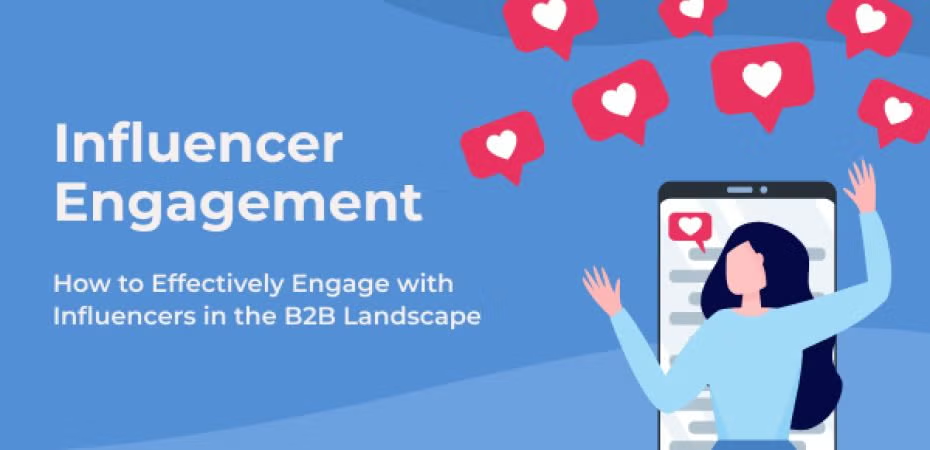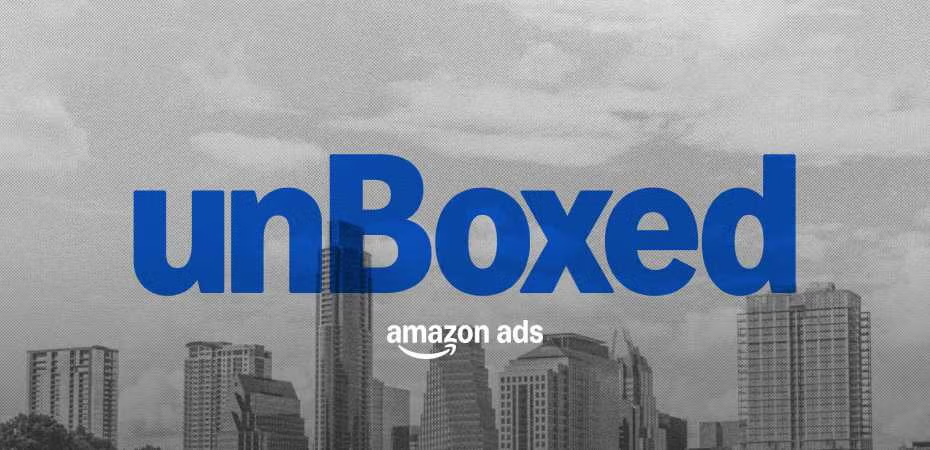June 2, 2025
| Article | by Bailey Gray | Advertising,
Content,
Social Media
The Rise of Bleisure Travel & How Hotels Can Capitalize
When it comes to travel, business and leisure doesn’t always exist in silos. The rise of bleisure travel—the blend of business and leisure travel where professionals extend their work trips for personal enjoyment—is transforming the hospitality industry. With corporate travelers seeking balance and adventure, hotels have a unique opportunity to cater to this growing trend. But what exactly is driving the shift, and how can hotels captivate visitors and tempt them to extend their stay?
The Evolution of Bleisure Travel Trends
Bleisure travel isn’t a new concept, but its popularity has surged in recent years. According to Routespring, 37% of business travelers now add extra days to their trips to explore destinations, relax, or even spend time with family. Additionally, according to a 2023 report from Expedia Group, 76% of business travelers planned to extend a work trip for leisure within the next year, and data from the American Hotel & Lodging Association (AHLA) shows that a striking 84% expressed interest in doing so in the future. This shift reflects a broader cultural move toward valuing experiences over mere functionality.
For hotels, this change presents both a challenge and an opportunity. Business travelers are no longer just looking for a place to sleep between meetings—they want a more immersive experience that makes their trip feel less like work and more like an opportunity for personal enrichment.
How Hotels Can Adapt to Bleisure Travelers
To remain competitive, hotels must rethink their offerings and marketing strategies. Business-friendly amenities are still essential, but they must be seamlessly integrated with leisure perks that encourage extended stays. Here’s how hospitality brands can capitalize on this shift:
1. Creating a Seamless Work-Play Experience
Hotels that provide a comfortable yet professional workspace will attract bleisure travelers looking to remain productive while enjoying a new destination. High-speed Wi-Fi, co-working spaces, and business concierge services can make all the difference. But beyond the basics, hotels should offer easy transitions from work to leisure—think rooftop lounges, scenic outdoor seating, quiet restaurant zones for meetings, semi-private nooks with power access, or wellness areas that allow guests to unwind after a long day of meetings. Incorporating local culture—through curated art, destination-inspired décor, or displays of nearby experiences worth extending a stay for—creates a bridge between work and play.
2. Leveraging Local Experiences
One of the biggest motivators for extending a business trip is the opportunity to explore. Hotels that partner with local businesses can provide guests with curated experiences that go beyond generic tourist attractions. Whether it’s an exclusive wine tasting, a private guided city tour, or a wellness retreat, these offerings can enhance a guest’s stay and create a memorable connection to the destination. To encourage uptake, consider tying these experiences to your booking flow: if a guest selects "Business" as the purpose of travel, automatically trigger a follow-up email offering a discount on additional nights or access to local excursions such as: "Extend your stay for $20 off a local food tour."
3. Weekend & Extended-Stay Promotions
Data from Marriott shows that average business trip lengths have increased by 20% compared to pre-pandemic levels—largely due to added leisure time. Encouraging business travelers to extend their trip into the weekend can boost occupancy rates and revenue. Hotels can offer special discounts for extended stays, include complimentary breakfast for weekend bookings, or provide incentives for family-friendly travel. Flexible check-out times and loyalty program perks tailored to extended stays can further entice travelers to make the most of their trip.
Marketing Strategies to Capture Bleisure Travelers
The best way to attract bleisure travelers is through targeted hotel marketing that speaks directly to their needs. Here’s how hotels can optimize their outreach:
SEO & Content Marketing
Hotels should create blog content and destination guides that cater specifically to business travelers looking for leisure opportunities. Using search-optimized organic keywords like “bleisure hotels” with an average monthly search volume (SV) of 170, “bleisure travel” (SV 1600), and “business leisure travel” (SV 320) can improve visibility and drive direct bookings.
It’s equally important to target keywords that attract travelers who may not be familiar with the term "bleisure", but are searching for the same type of experience. Keywords such as “business hotel spa” (SV 210), “hotel coworking space” (SV 140), or “corporate traveler reviews” (SV 140) help capture this broader intent.
Highlighting testimonials from past bleisure guests can also build credibility and engagement.
Social Media Engagement
Visual platforms like Instagram and TikTok are ideal for showcasing the experience a hotel offers. Hotels should create engaging social content that features co-working spaces, relaxation areas, and local excursions. Encouraging user-generated content from guests can also boost credibility and attract potential travelers who value real-life recommendations.
Paid Media & Digital Campaigns
Targeted ads on Google, LinkedIn, and travel-focused platforms can help hotels reach business travelers planning their next trip. Retargeting campaigns can remind previous corporate guests, and those that looked but did not book a stay, about special offers, while LinkedIn ads can appeal directly to companies looking for preferred travel accommodations.
Email Marketing
Personalized email campaigns can target guests who have booked business stays, offering exclusive discounts for weekend extensions or local experience packages. A well-placed message within the booking confirmation email, or a follow-up email, with a compelling call-to-action—such as “Extend your stay and enjoy 20% off your weekend rate”—can also drive conversions.
Final Thoughts
Bleisure travel is no longer just a trend—it’s a fundamental shift in how professionals approach business trips. With 88% of companies allowing bleisure travel and younger travelers leading the charge—87% of Gen Z and Millennial employees say they want to explore new destinations while on business trips—hotels that recognize and adapt to this new traveler mindset will have a competitive edge.
By providing seamless work-play experiences, curating local adventures, and using strategic marketing, hotels can position themselves as the ultimate destination for modern travelers who want the best of both worlds.
As the business travel industry continues to evolve, one thing is clear: the future of hospitality lies in blending productivity with leisure, work with wellness, and meetings with memorable experiences.
Looking to attract more bleisure travelers? Reach out to our team to schedule a quick discovery call. We’d love to help you turn business guests into loyal weekend explorers by finding the right digital strategy to make your hotel the go-to choice for work and play.

